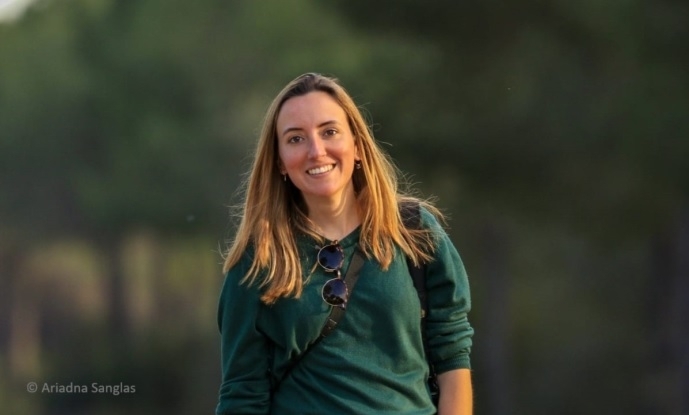Ariadna Oliva
PhD Student
Details
Position
PhD Student
Member type
Students
Degree
MSc
Address
CIBIO-InBIO, Universidade do Porto, Campus de Vairão, Rua Padre Armando Quintas, 4485-661 Vairão, Portugal
Groups
I am specialized in the study, monitoring, and conservation of carnivores. I graduated as a biologist in 2018 at University of Barcelona, and obtained a master's degree in Biodiversity Management in 2020 from Autonomous University of Barcelona. Over the past years, I have worked and collaborated on various projects, both in Spain and abroad, that investigate the interspecific relationships occurring among mesocarnivores for access to food. These studies have covered both natural and urban environments, using methods such as camera trapping, radio tracking, and citizen science.
In the last two years, I have worked as the research assistant for the Feral Cats project at the Doñana Biological Station (EBD-CSIC) in Spain. My responsibilities included collecting and analysing samples to study the diet of domestic cats, coordinating all participating volunteers and tracking their cats with GPS collars. I also analysed the spatial data of their movements and modelled their presence in the environment. Additionally, I managed the citizen science campaign to collect data about preys brought home.
I am currently doing my PHD on impacts of invasive mammals on island-restricted reptiles, using Madeira as a case study. Madeira Island harbours several invasive mammal species such as domestic cats (Felis catus) and three rodents (Rattus rattus, R. norvegicus and Mus musculus), which have become part of the ecosystem and potentially harm the only endemic lizard of the island, the Madeiran wall lizard (Teira dugesii). Understanding how predators and prey are organised along the trophic network, and their effects on the community structure is crucial to fully evaluate the impacts on native taxa.

